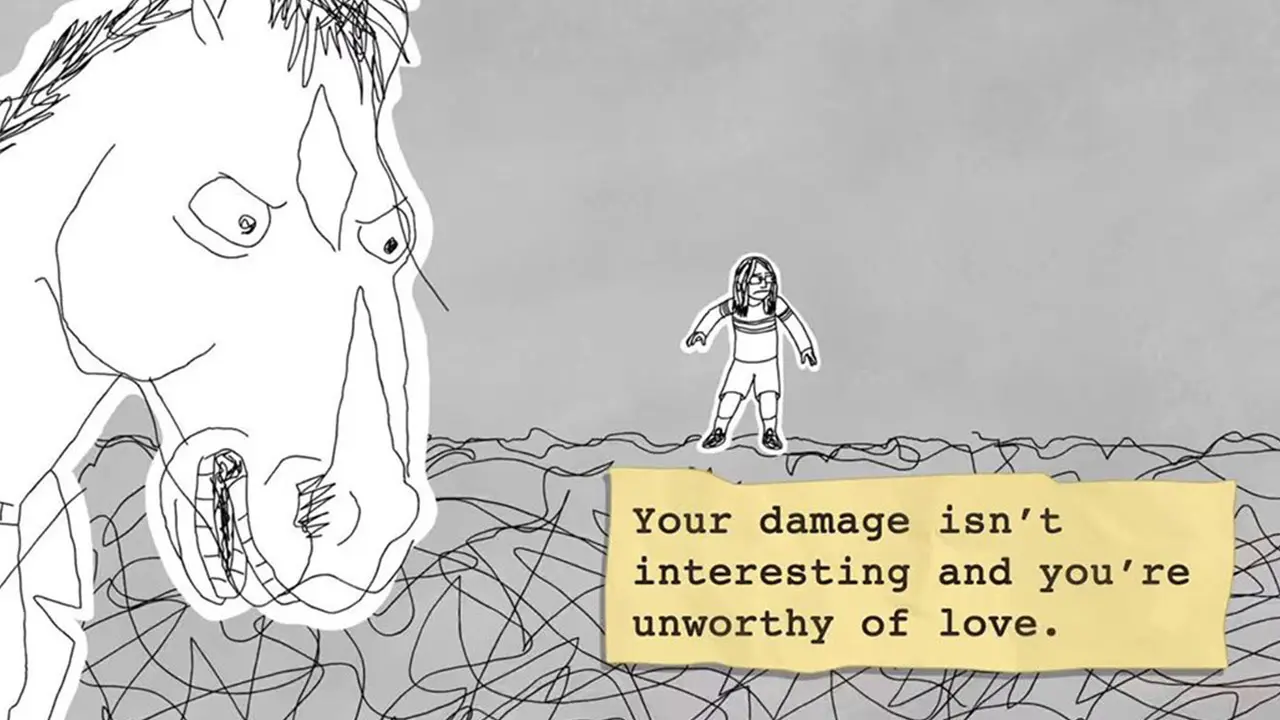For Millennials. By Millennials.
Bojack Horseman is an animated show with a whole lot of jokes, satire and dark humor. But essentially, the theme is around mental health and illness. The creators have so accurately depicted and presented the various mental disorders that people go through, that it becomes increasingly relatable as you watch the story unfold. In little ways, the characters mirror the things we find ourselves doing in real life. Their internal thoughts, mental states as they trudge through life represent the audience in many ways. Depression is one central aspect of the show throughout, and Bojack Horseman Season 6 takes its depiction to a whole new level. Keep reading to find out how.
Bojack Horseman depression
Depression does not take one form only. It is not a cookie-cutter feeling identical for all. Rather, it manifests in different ways. Each sufferer may act out in a different way than another. And this show’s writers make sure to convey this essential message.
Take Bojack Horseman as an example. He has been depressed since day one, along with terrible bouts of anxiety. He deals with his depression through denial or ignorance. He’s always trying to keep himself busy with distractions or substance abuse as a way of self-medication. He hides it under jokes and punchlines and lives with an “i don’t care” attitude.
Laziness is one major part of depression. If you watch season one again, you can see the lack of motivation in Bojack. He does nothing all day and has no drive to do anything. This does look like being lazy, but it’s actually a side effect of being depressed.
Bojack looks like he doesn’t care or love anyone. But the truth is he doesn’t love himself. Remember his inner monologue when he addresses himself as “you stupid piece of shit”. This represents the classic self-resentment that this illness brings.
Every depressed person cares and knows they’re not okay. Bojack does, too. He even tries to make amends. But his condition makes it easy to give up quickly and go back to square one. One main symptom of clinical depression is ‘hopelessness’ and Bojack is a true depiction of what hopeless look likes.
Diane Nguyen’s depression
Another main character, Diane becomes a solid representation of depression in Bojack Horseman Season 6. Diane has always hoped of doing something significant through her writing and work. But when she moves to Hollywoo, she finds opportunities she finds meaningless yet she has to settle with them anyway. Like working on the set of a movie, or writing for GirlCroosh, for instance.
With time Diane begins to realize that whatever hopes and plans she had are unlikely to ever really happen. Her marriage with Mr. Peanutbutter also falls apart.
By Season 6, she has a supportive boyfriend, Guy, who loves her. But she is tired. And the hopelessness now begin to manifest in her too. The way she tries to write but her mind keeps getting fuzzy is a side-effect of anti-depressants. Her weight gain which the audience gets to see (but deliberately is not brought up in the show) is another sign.
A look into Diane Nguyens’ mind shows the state of a depressed person in the episode ‘Good Damage’ in Bojack Horseman Season 6. The sketches depict the haphazard mind processes as she jumps from one thought to another. It is hauntingly realistic and tragic as the audience can see what an invisible disease looks like on the inside.
One memorable moment that anyone suffering could relate to is her need to translate her damage into ‘good damage’ through her writing.
“Because if I don’t, that means that all the damage I got isn’t good damage, it’s just damage. I have gotten nothing out of it, and all those years I was miserable was for nothing.”
What a depressed person goes through, can not be imagined by someone who doesn’t know what it feels like. But Bojack Horseman has become a representation of the real horror of this mental illness. The team deserves utmost appreciation for shedding a light on something so dark and unseen by society. And for unveiling the pain of those who suffer every day.
We hope that everyone who has to deal with mental health sees healing, positivity, and happiness in their life.

